Tourist into Zimbabwe opting to sleep in buses, coaches, churches
- By Zimpapers Syndication |
- 21 Dec, 2025 |
- 0
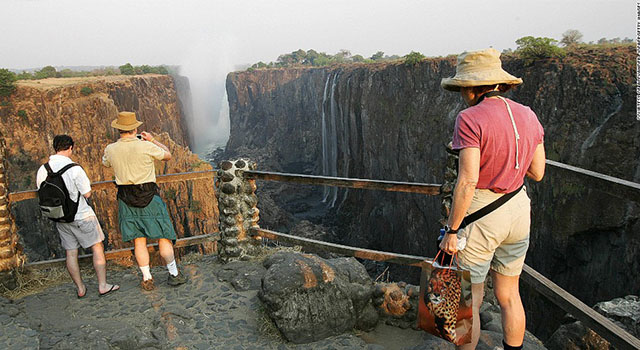
Freedom Mupanedemo ---
The majority of tourists coming to Zimbabwe are shunning conventional hotels and other hospitality facilities opting instead to sleep in coaches, buses or cars in a bid to cut on accommodation costs, a new report has revealed.
According to the Zimbabwe Visitor Exit Survey (VES) Report 2015/16 released recently, the deterring charges by local conventional hotels and lodges have also seen some tourists making arrangements to stay with their relatives during their stay in the country.
The report which covers a period from July 2015 to June 2016, however, shows that the total expenditure by tourists into Zimbabwe is tottering towards nine digit numbers with visitors spending over $800 million between the said period.
“Visitors into Zimbabwe spent over $800 million in the period July 2015 to June 2016 with the bulk of them coming to visit friends and relatives,” read part of the report which was released at a local hotel in Harare recently.
The report which was compiled by the Zimbabwe National Statistics Agency in conjunction with the Ministry of Tourism and Hospitality Industry was financed by the African Development Bank (ADB). It’s a step toward the country’s setting up of a Tourism Satellite Account (TSA).
According to the report, the number of people who visited Zimbabwe during the period were 2 106 975 with each visitor spending an average of $385 per stay.
“83,7% of visitors spent $500 or less, while 41,8% spent $50 or less during their stay.
The highest expenditure was on food and beverages which accounted for 28%, while accommodation gobbled 18%. Visitors from Oceania region were the highest spenders at $1 354, followed by those from Europe with an average expenditure of $909. The least spenders were visitors from Africa, with an average expenditure of $310,” read part of the report.
The report shows that the majority of tourists preferred to spend most of their time imbibing in bars and night clubs rather than booking a commercial accommodation.
“About 33% of visitors either stayed with friends or relatives while conventional accommodation such as hotels, lodges, chalets and camps accounted for only 22% of all the accommodation used by the visitors.
“42% of visitors did not utilise any commercial accommodation or relatives’ accommodation and instead chose to sleep in coaches/buses, trucks, cars and churches, thus cutting costs,” says the report.
The report says the major source market of visitors was the African region which accounted for 80, 7%, of the total visitors, a figure that could be a pointer as to why most of these tourists opted to stay with relatives than booking a commercial hotel.
“Although the proportion of visitors from African countries was the highest (80,7%) their average length of stay was the lowest, 7,6 nights. Visitors from Zambia (37,4%), South Africa (16,3%), Malawi (29,3%) and Botswana (3,8%) did not spend any money in Zimbabwe which agrees with findings that majority of visitors merely visited the country during the day while booked at some neighbouring countries,” the report further stated.
Harare, had the highest number of visitors at 29,1%, edging out the country’s major tourists resort, the Victoria Falls which recorded (27,9%). Zimbabwe’s second largest city, Bulawayo had 22, 6%.
The highest average expenditure was by visitors from South Africa at $1 081 followed by those from Denmark $936.
Visitors from the United Kingdom spent $857 while those from Australia gobbled $848 with those from the United States of America spending $800.
Commenting on the statistics, tourism players said there was an urgent need to re-looking into the pricing regime in order to attract tourists into conventional accommodation.
“It has been said now and then that our hotel accommodation pricing is a bit higher when compared to those in the region. We need to take this a step forward and implement all the new ideas and intelligence gathered if we are to attract tourists back into commercial accommodation,” said president of the Employers Association for Tours and Safari Operators (EATSO), Mr Clement Mkwase.
Mr Mkwase said for a long time, Zimbabwe has been regarded an elitist tourist destination but with tourism becoming a major pillar for any economy, there was need for players to come up with new strategies that accommodate all and sundry.
“Zimbabwe has been largely an elitist tourist destination where only those tourists with a lot of money to spend coming to occupy very expensive hotel rooms. What we need to realise is that with the Government’s look East policy, the country has been getting a lot of tourists from Asia. Culturally, these tourist from Asian countries do not want to spend much on accommodation because they don’t earn in US dollars. What needs to be done is to come up with a pricing regime that accommodates every one including back packers,” he said.
Another tourism guru, Mr George Manyumwa said there were a number of pushing factors that makes accommodation in Zimbabwe remain relatively high.
“Tourism players have a whole lot of levies to settle and as anyone in business, we need to remain afloat. What we have been doing for the last two years is to try and lobby Government to reduce the number of levies that one has to settle before running a hotel. Wee are still pushing hard and this would be the starting point if we are reduce accommodation prices in Zimbabwe. This will definitely bring positive results, improving the number of hotel occupancy,” he said.
No Comments


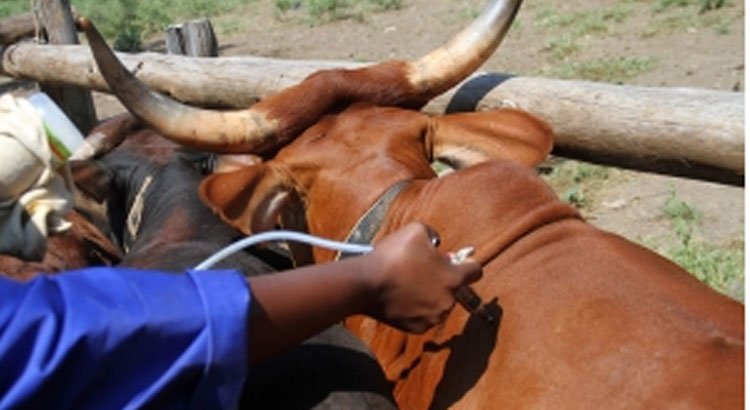
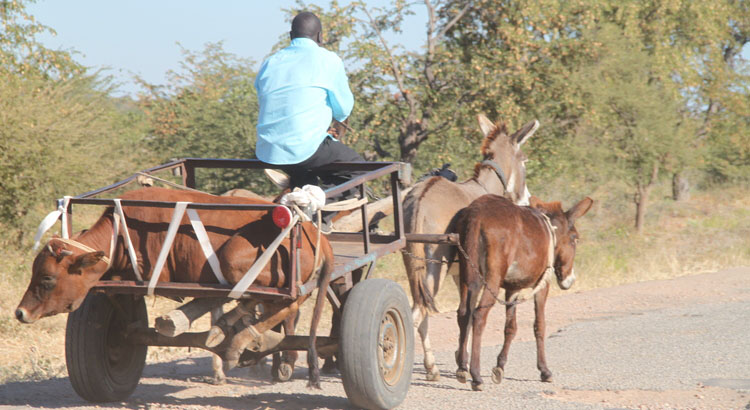

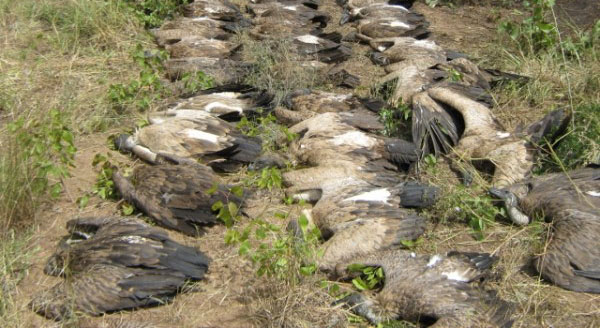
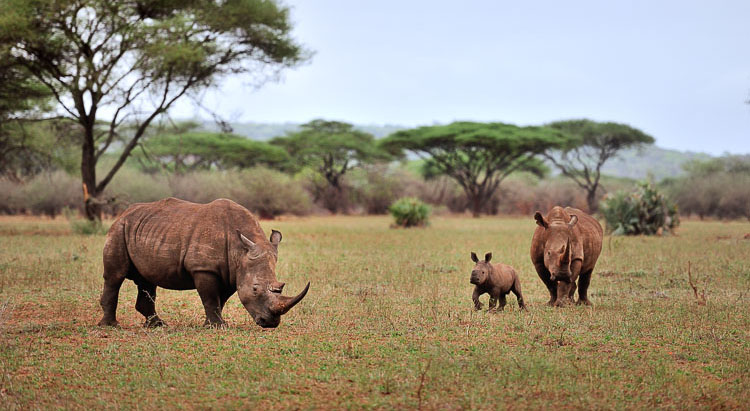


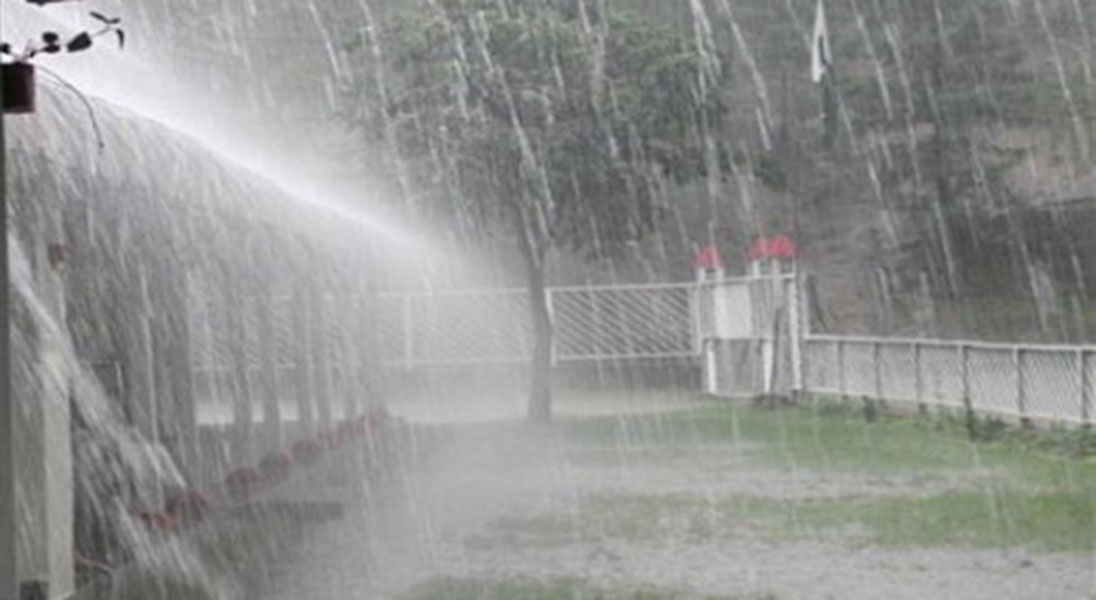
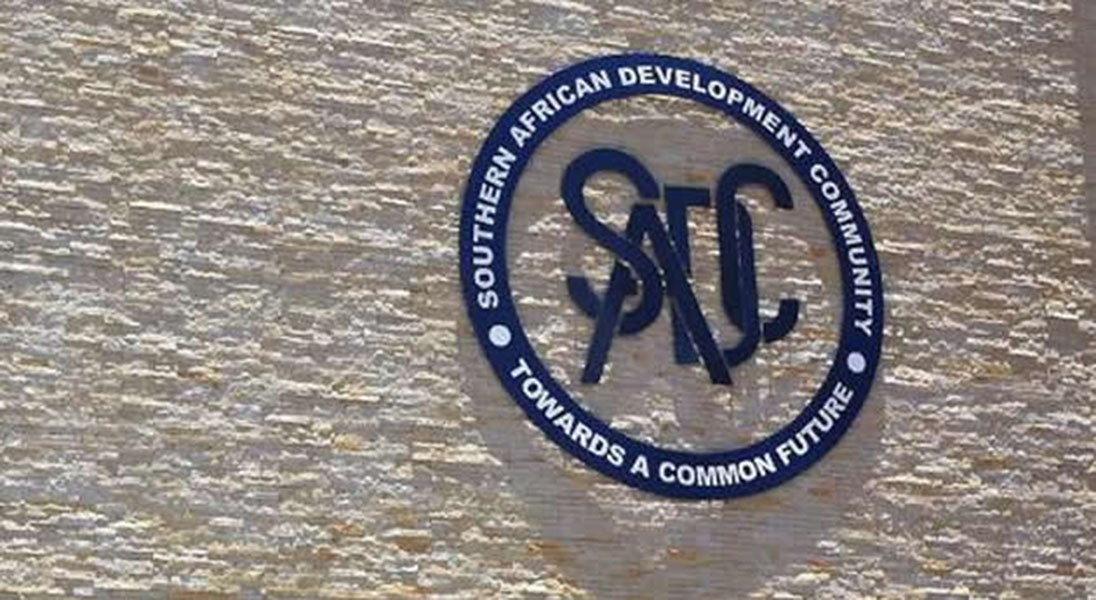
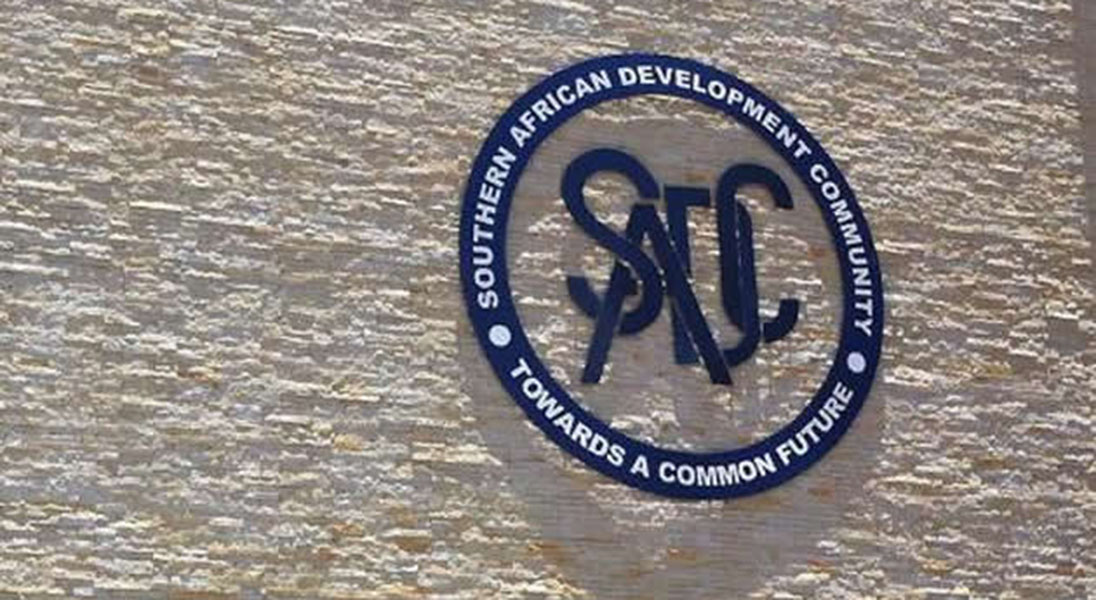
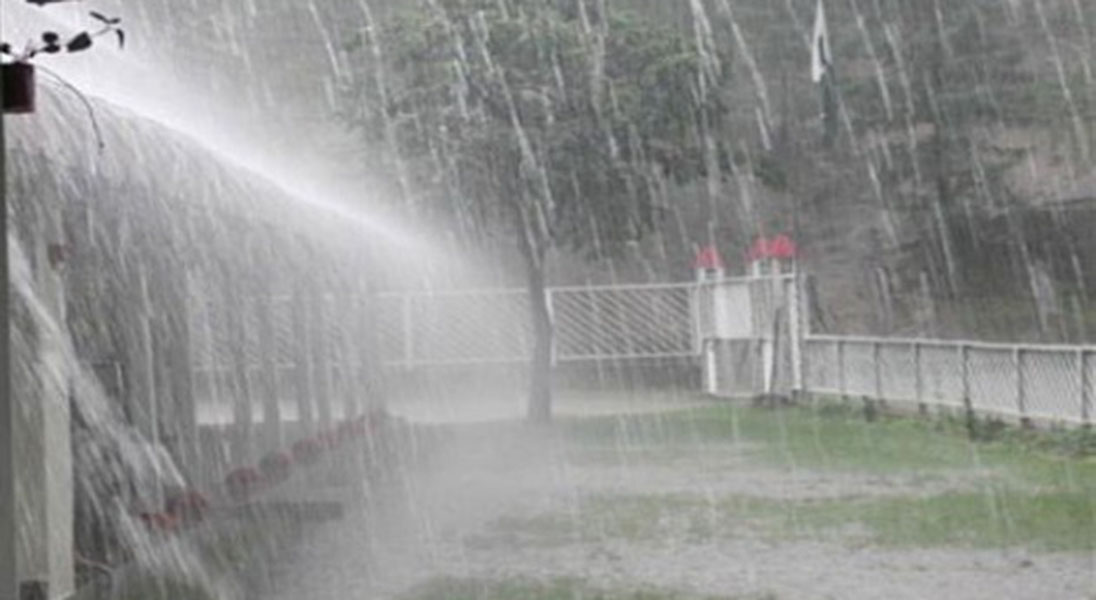
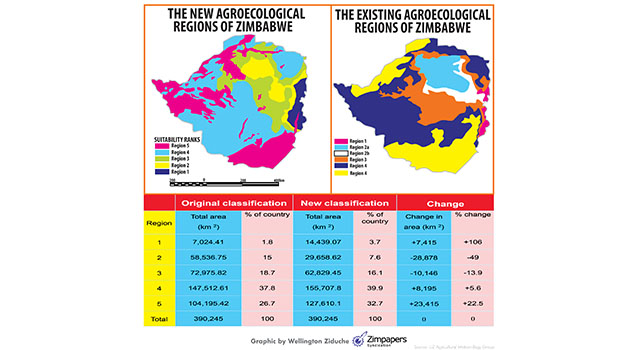
Comment